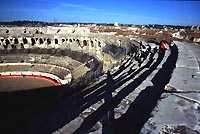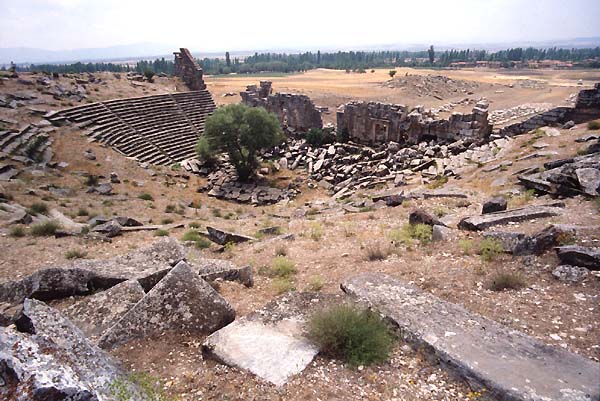
The reader should therefore forgive me for taking a good deal of space to discuss its premises.

Ĭhapter 2, ‘Method’, is the pièce de resistance of the book. Burden-Strevens’ research here adheres to the latest insights in Dionean studies, to which he himself has contributed a great deal already.

The Introduction also takes care to present Dio as a Roman intellectual and politician, who was fully immersed in Roman civic life and had been educated in the Latin tradition as much as in the Greek. Chapters 3–5, to which I will turn below, deal with Dio’s discussion of each of these four causes. 15), 2) republican morality, 3) the failure of the republican institutions, and 4) the problems arising from Rome’s ever increasing Empire abroad. 14–21) as 1) the corruptness of republican oratory (or, “the problem of rhetoric”, p. According to Burden-Strevens, the Roman History relies on a consistent theoretical framework explaining the causes of the Republic’s failure, which the author summarises (pp. In the Introduction (1–35), Burden-Strevens sets out his provocative argument that the speeches, rather than the narrative, form the cornerstone of Dio’s theory about the reasons why the Republic fell: “speeches mattered-sometimes even more than battles” (p. The chapters are preceded by a superbly helpful overview of the speeches in book 3–56, including bibliographical notes, which will surely stimulate further research. Junius Brutus’ speech to the people and ending with Tiberius’ funeral oration for Augustus in book 56. Arguing against the dominant view that direct speech in the Roman History is no more than rhetorical display, Burden-Strevens’ book offers a novel interpretation which proves that scholars have seriously and systematically underestimated Dio’s compositional skills as well as his political thought.īurden-Strevens focuses on the narrative of the Republican period and Rome’s transition into Empire, beginning in book 3 with L. In line with the aim of the series, Burden-Strevens defends the literary and historico-political value of Cassius Dio’s Roman History, in particular the speeches.
Cassius dio on the battle of arausio series#
The amount of material in Dio's narrative that deals with the games in some way is vast and amorphous, and to render it more tractable for analysis, we made a list of all the features of performances that actually took place, that Dio considers worth including in his narrative, that he considers noteworthy, that he thinks will interest, amuse or scandalise his audience1.This volume, published in the Brill series Historiography of Rome and its Empire, is a revised version of the author’s doctoral thesis. Explicit expressions of opinion may mark moments when Dio doubts whether some of the intended audience, particularly the reigning do share his views: they need to be convinced. Dio obviously expects many of his views, particularly his assumptions, to be shared by the upper class audience he composed for. The may also be typical of a large section of the class to which Dio belonged. It is of interest to analyse this material and to see what emerge, for attitudes to such an important institution as the games are likely to be typical of his whole political philosophy.

Scattered throughout his work, Cassius Dio has a great many to the games of the circus, arena, stage etc., both at Rome and in the provinces.


 0 kommentar(er)
0 kommentar(er)
